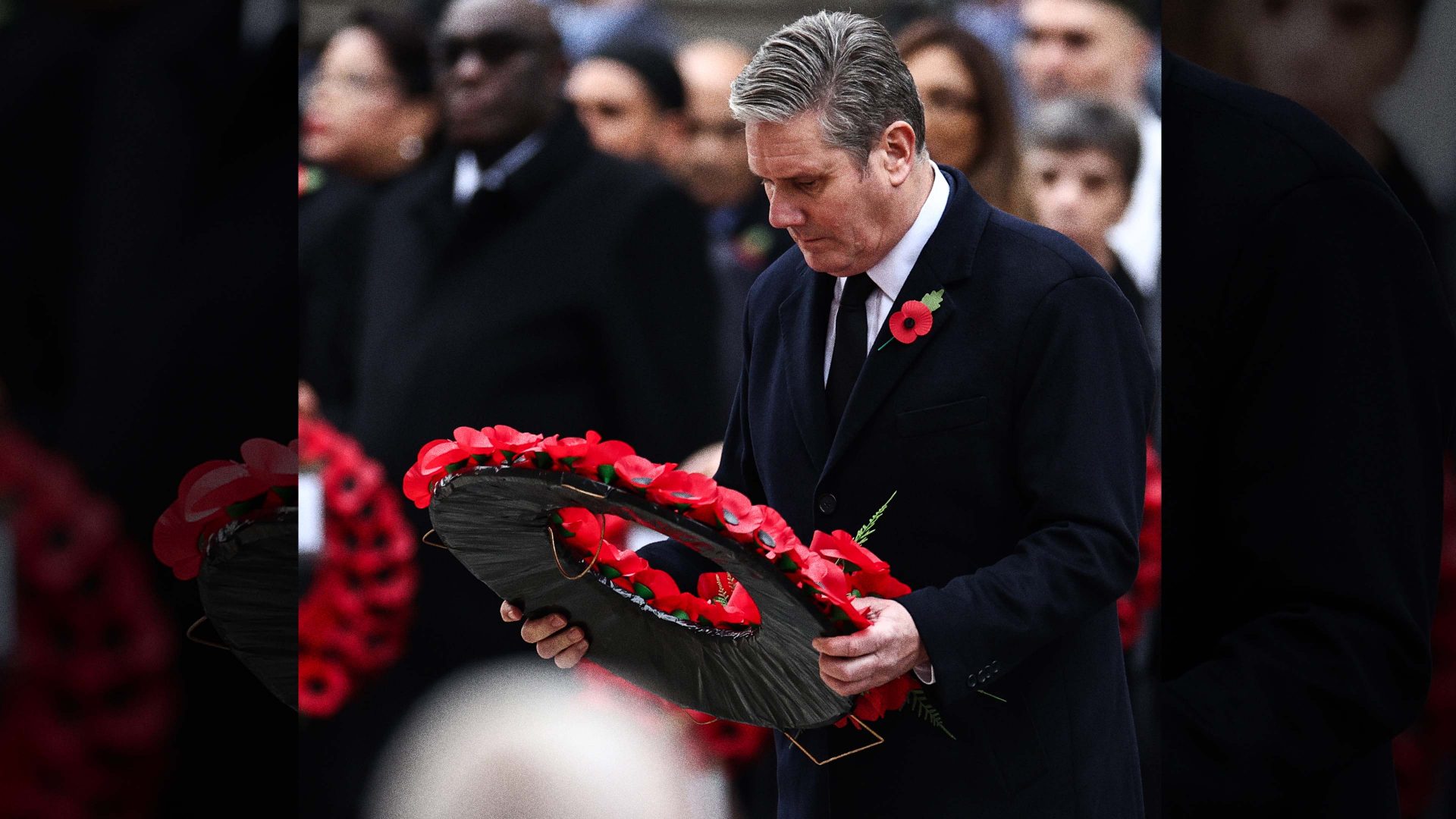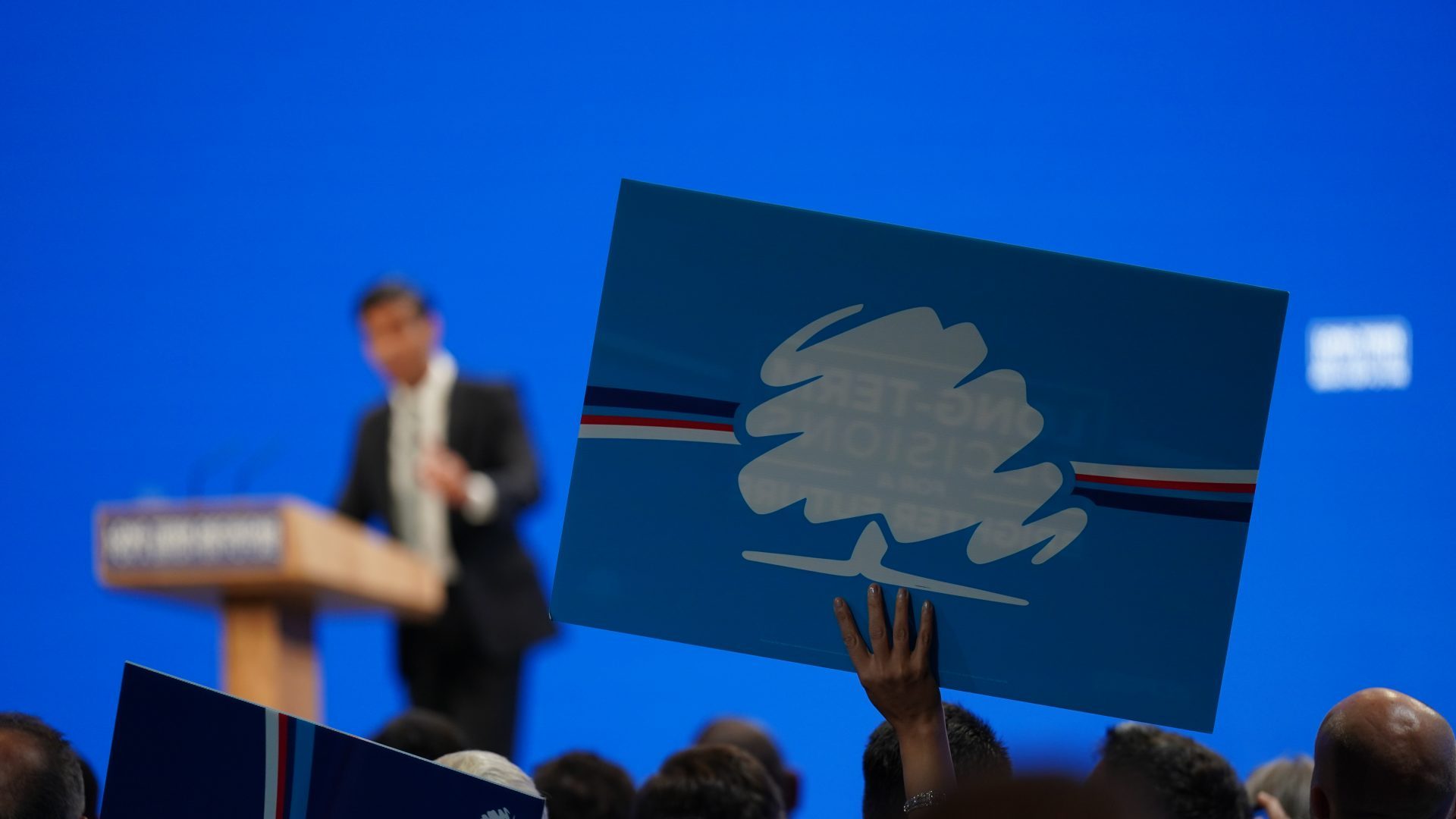Just four days after he walks into Downing Street, Keir Starmer will fly to Washington for the Nato Summit, and be required to answer the question: what has changed? With the rules-based order fragmenting, with the war going badly for Ukraine, and with the Israeli government still refusing a ceasefire in Gaza, how will Starmer use such reserves of British leadership as still exist? And to what ends?
Everyone at the summit will have been briefed on David Lammy’s “progressive realism” essay. Labour, says Lammy, will pursue progressive ends through realist means: it will be realist about the fragmented order and its replacement by great power politics; progressive “in its capacity to champion multilateral causes, build institutions, defend democracy, stand up for the rule of law, combat poverty, and fight climate change”.
But a philosophy is not a strategy. And since 2020, the UK has been trying to pursue an ambitious, formalised and independent “grand strategy”, founded on six assumptions promoted by the current Downing Street foreign policy adviser John Bew, whose views have shaped the thinking of Johnson, Truss and now Sunak.
First, that the rules-based order is irreparable, requiring the UK to promote an “open international order” alongside the closed, totalitarian order that is emerging out of Russia, China and Iran. Second, that Britain needs new allies, including in the Indo-Pacific and in the global south. Third, that the UK must build new structures – like the AUKUS submarine alliance with America and Australia, and seek “minilateral” agreements with small groups of countries, alongside the failing multilateral order.
Fourth, says the Bew Doctrine, hard power is now more important than soft power. Fifth, Britain’s future relies on becoming a science and technology superpower. Sixth, the Atlantic and Pacific are no longer separate theatres: they are linked economically and, with the melting of the polar ice cap, will be linked physically.
What our allies and adversaries will want to know, as they probe Starmer during the Washington Summit, is how much of Bew’s analysis remains, and what is set to change. Here it is not just the words of David Lammy that matter, but the culture and traditions of Labour itself, as embodied by potentially hundreds of new MPs, as they face an unpredictable reality, driven as much by climate and technological change as by Russian aggression.
As a longtime observer and participant in Labour’s foreign policy debates, here’s how I would answer. First, and fundamentally, Euro-Atlanticism is in Labour’s bloodstream. Attlee was one of the last British officers off the beach at Gallipoli; Denis Healey was beachmaster at Anzio; RH Tawney was wounded on the Somme. Above all, Ernest Bevin, who is rightly hailed as Labour’s greatest foreign secretary, designed and built Nato as a means to insure against future US isolationism.
That doesn’t mean Labour is indifferent to the emerging power of China in the Pacific, or to China’s threat to democratic systems worldwide. It does mean that the desire to exert leadership in Europe is in the fabric of Labour’s being: keeping an increasingly isolationist America engaged with Europe through a coordinated increase in burden sharing, including in the high north.
Second, though Labour accepts that the disintegration of the rules-based order is real, it in no way celebrates this as an “opportunity”, as the Integrated Review under Johnson in 2021 did. Its instinct will be to cling tight to every remnant of the multilateral order, and to attempt to enhance its formal relationship to Europe through a security pact with the EU. Indeed, beyond Gaza and Ukraine, I expect the security pact negotiations to frame much of Starmer’s early engagement with global politics.
Third, Labour sets greater store by Nato than the Tories did. “Nato first” has become the slogan of shadow defence secretary John Healey: put the military capabilities where the threats are, not where the business opportunities lie.
In its embrace of an “Atlantic-Pacific” reality, I expect Labour will remain close to the Bew Doctrine. Lammy, in a speech last month, said he feared that Zbigniew Brzezinski’s prophecy had come to pass: “an anti-hegemonic coalition united not by ideology but by complementary grievances” has come into being, with artillery shells made in North Korea, and technologies made in China now fuelling Russia’s war effort in Ukraine.
However I have yet to meet any influential Labour politician who believes that Britain can play the independent role in the Pacific that Johnson envisaged in 2020.
The most pressing issue for Labour, as it takes office, will be Ukraine. It has mirrored the Tory government’s actions, urging faster and bigger provision of military aid. But from July 5, Labour’s challenge will be to come up with its own, proactive interventions, amid a Nato alliance whose members differ over the danger of escalation.
The critical moment for Labour comes if Trump wins the November election and substantially withdraws support to Nato. It would effectively leave Britain having to play a lead role in the defence of a continent whose key institution it has just left. That is the chess move that Britain’s allies and adversaries alike are playing through in their minds right now.
As it confronts these possibilities, Labour will draw on a different value-set to the one that operated under Johnson, Truss and Sunak: belief in multilateralism and the rule of law; a distaste for wars of choice; a preference for solidarity with Europe rather than animosity; reverence for the international rule of law; and disdain for the kind of imperialist nostalgia that Johnson showed in his “Road to Mandalay” gaffe.
I don’t know what the words “D-day” mean to Rishi Sunak; clearly nothing profound enough to make him hang around at a commemoration. But I know what they mean to the party I belong to, and to its leader. D-day produced, as the journalist Robert Key memorably put it, “the world we fought for”. And there is enough of that world extant to go on fighting for it, alongside the allies who helped create it.




